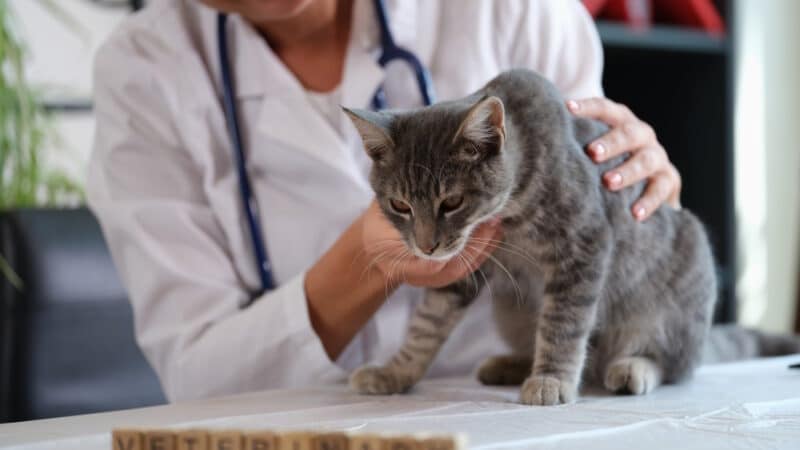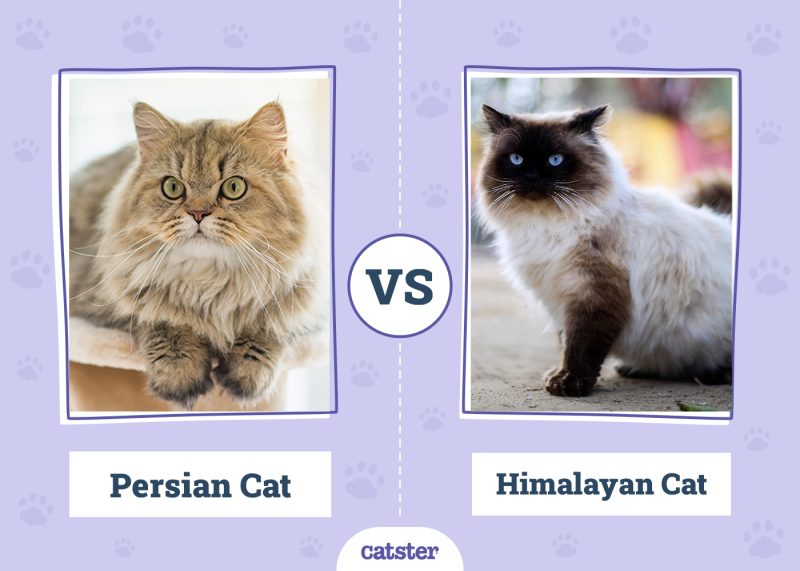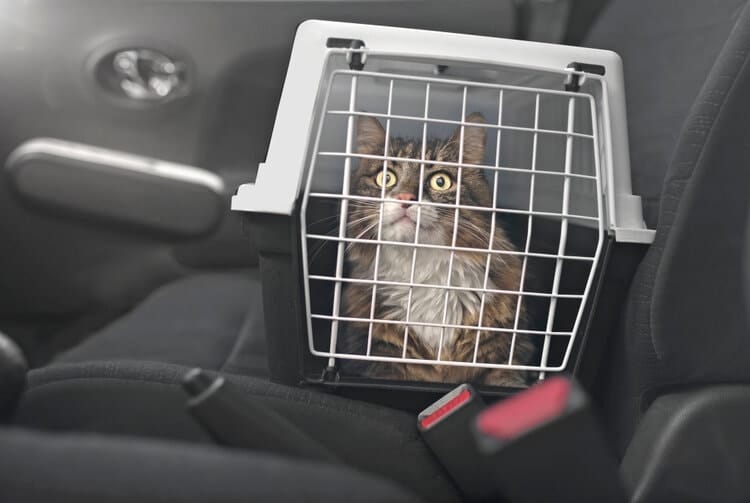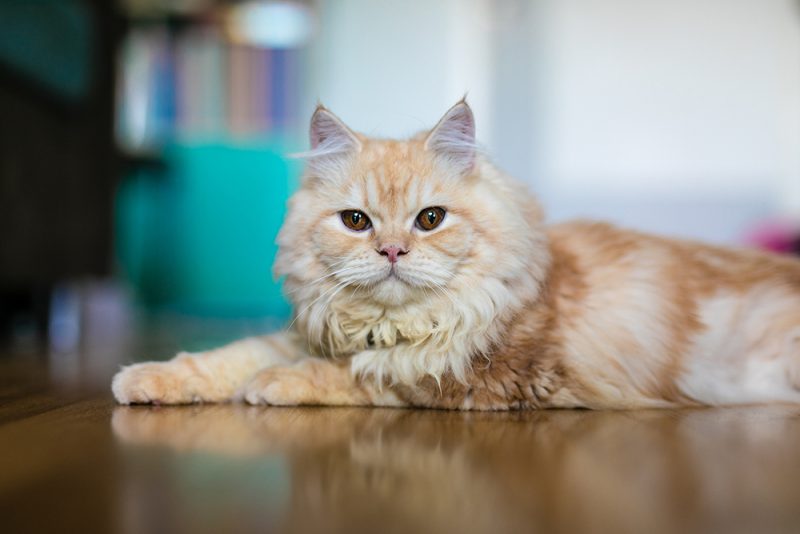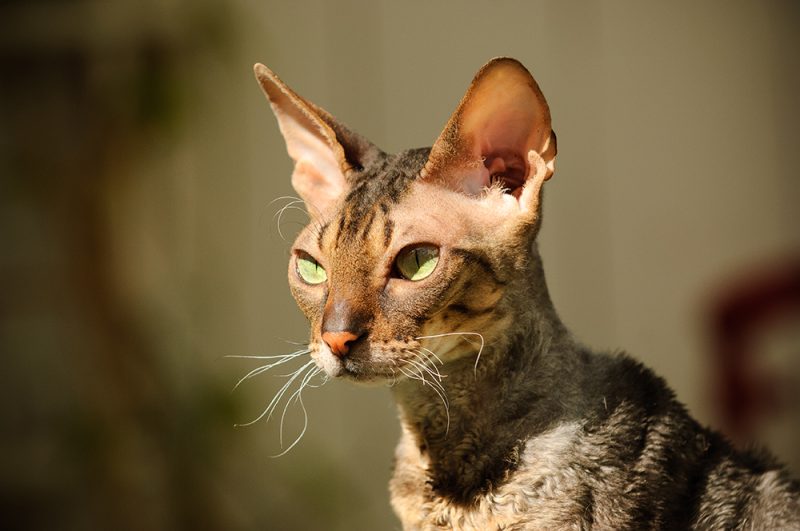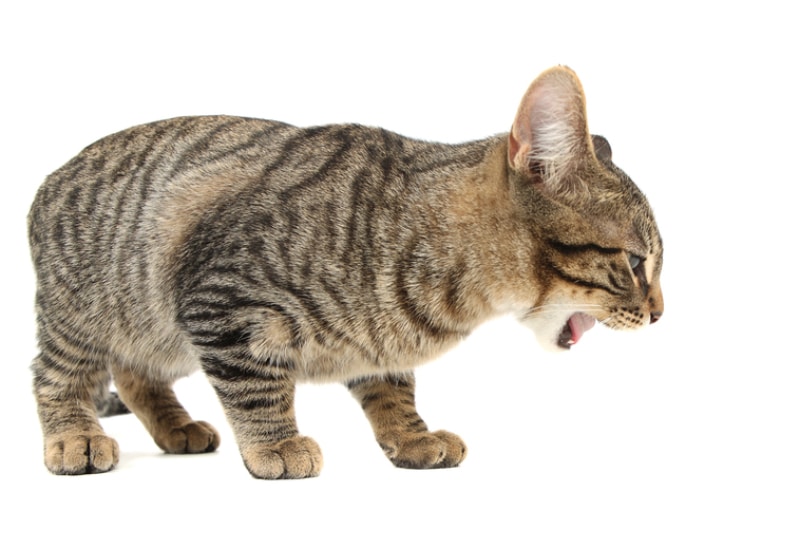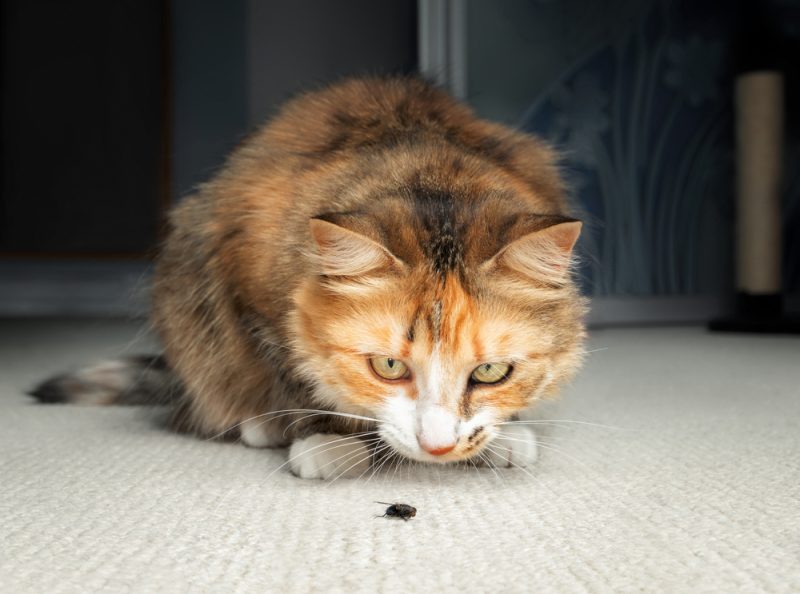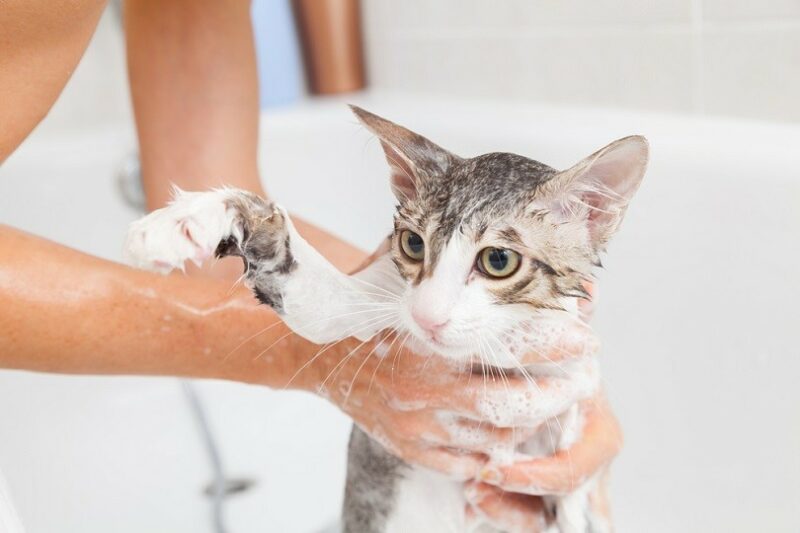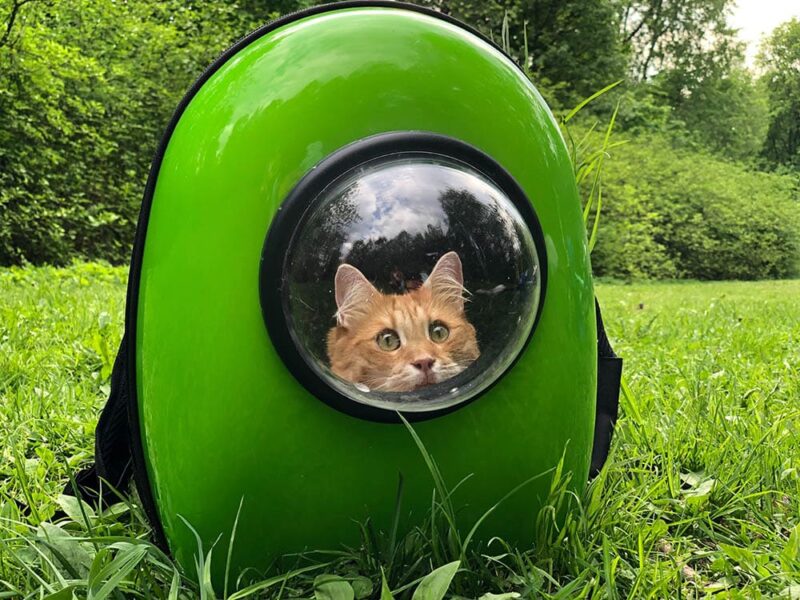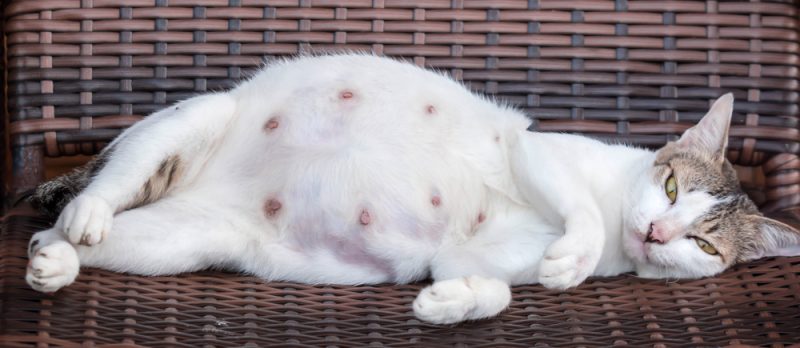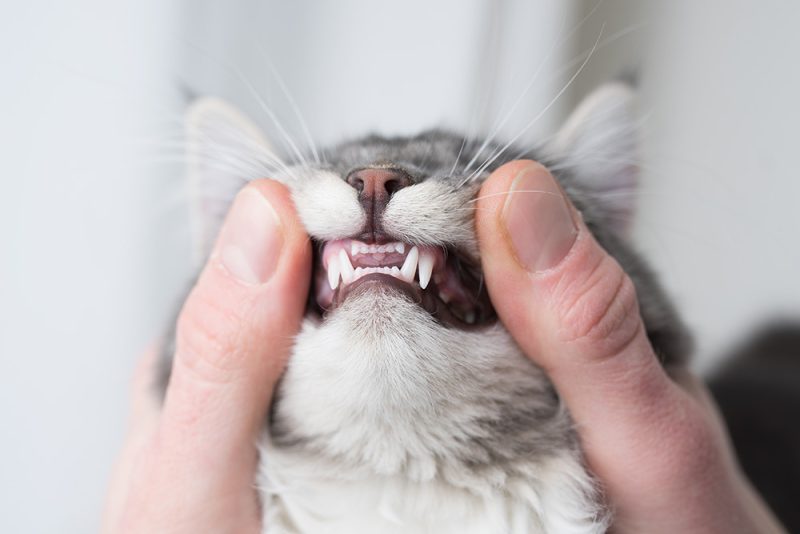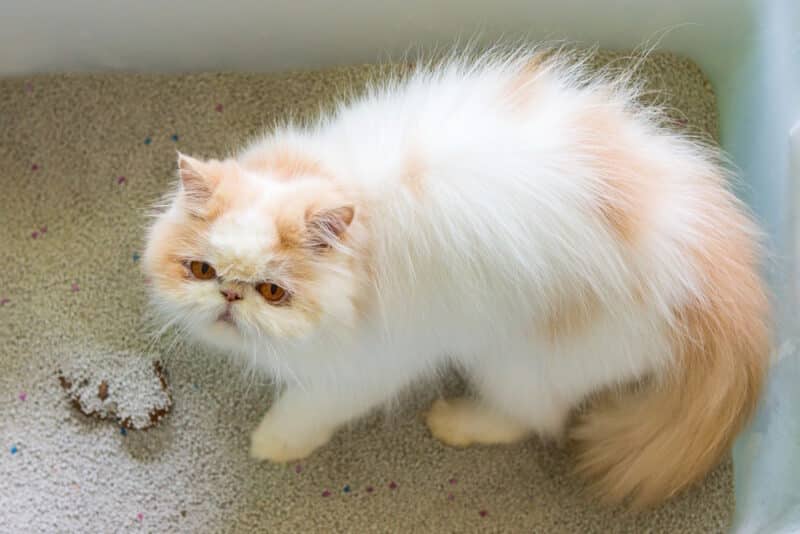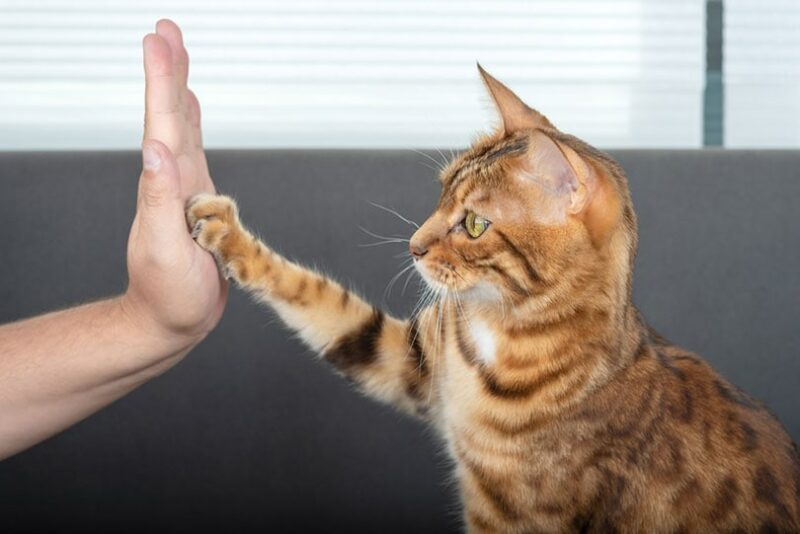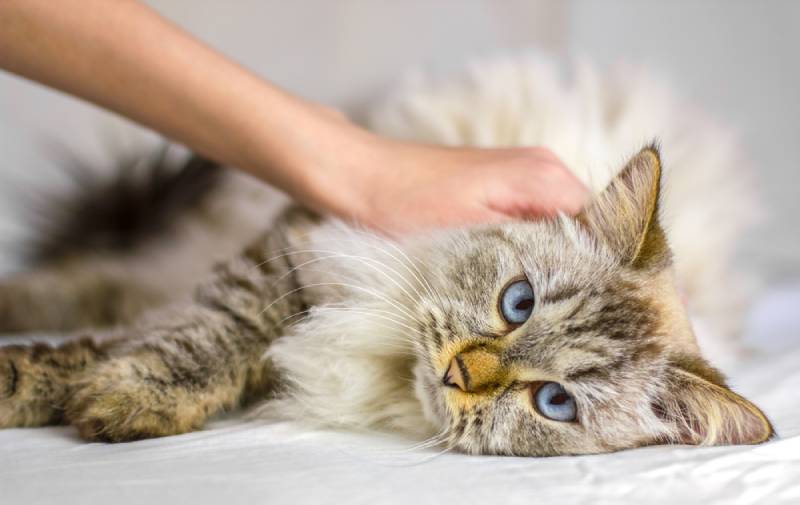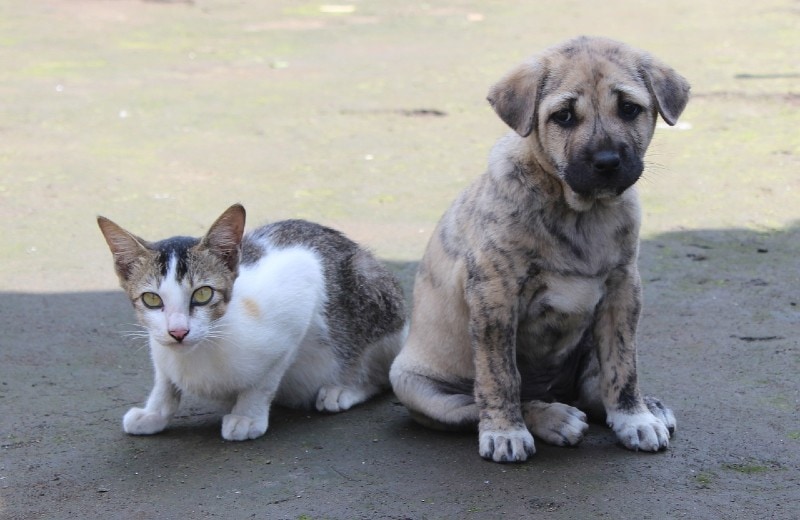In this article
Diabetes is a complex metabolism condition affecting many animals, including cats. With estimates reaching 1% of the cat population 1, it’s easy to wonder if your cat could be at risk for developing the disease. While older cats seem to be at a higher risk for developing diabetes, can young cats also become diabetic? Yes, they can. However, it is quite rare.

What Is Diabetes?
Diabetes results in an inability of cells to make or use the hormone insulin. With elevated glucose or blood sugar levels in your cat’s blood, their body cannot use this fuel for normal cellular activities. Insulin signals to your cat’s cells to bring the glucose into the cells for various reactions.
There are two forms of diabetes recognized. Type I diabetes occurs because the pancreas doesn’t produce adequate insulin levels. With Type II diabetes, the cells don’t respond to insulin correctly. Cats typically have Type II diabetes.
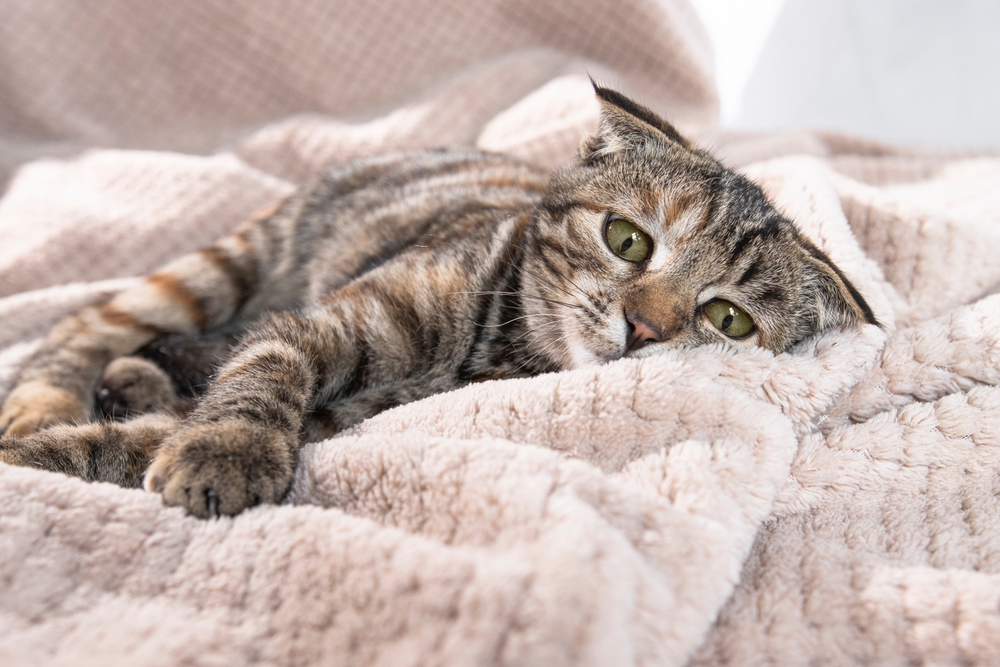
Diabetes in Young Cats: Is It Possible?
While younger cats can, in theory, develop diabetes, it is very uncommon. Cats are usually older when they develop diabetes. Multiple factors can influence cats to become diabetic, and it usually takes time for these to occur.

Risk Factors for Diabetes in Cats
If younger cats don’t typically become diabetic, what factors lead to adult cats developing this health condition? The main factor influencing the development of diabetes is obesity. According to the Cornell Feline Health Center, obese cats are four times more likely to become diabetic than their ideal weight brethren.
- Older and less active cats tend to also be at a higher risk for diabetes. These may be interrelated. Older cats are often more sedentary and less active due to changes in energy and physical changes like arthritis.
- Male cats are also more likely to become diabetic than female cats, roughly 1.5 times as likely to be affected 2. Neutered cats are also more likely to develop the disease, which could be because it’s more common for them to become overweight due to hormone changes.
- Certain breeds may also be more likely to become diabetic, such as the Burmese cat in some countries such as Australia.
- Using steroids in cats also increases their risk of developing diabetes (and even heart disease). While veterinarians may need to use these medications to treat health conditions like asthma, they may need to look at alternatives for treatment, such as inhalant medications rather than injectable or oral steroids.
- Some underlying health conditions can increase the risk of your cat developing diabetes. One such condition is pancreatitis.

Signs of Diabetes in Cats
Several signs could indicate diabetes, but the most common two are increased drinking and urination (known as polydipsia and polyuria) and weight loss.
Your veterinarian will use several tests to diagnose your cat with diabetes. They’ll look at blood work, particularly the blood sugar value, but one elevated glucose reading isn’t diagnostic of diabetes. Cats can have stress hyperglycemia or elevated blood sugar in response to stressful events. A fructosamine level may be more helpful because it looks at your cat’s glucose level over two weeks.
Your veterinarian will also look at a urinalysis to see if glucose is in the urine. If your cat has glucose in the urine, a high blood sugar reading, and signs consistent with diabetes, your veterinarian will likely start diabetes treatment.
Because pancreatitis can lead to diabetes since insulin is produced in the pancreas, your veterinarian may want to check other tests, such as an abdominal ultrasound or feline pancreatic lipase test.
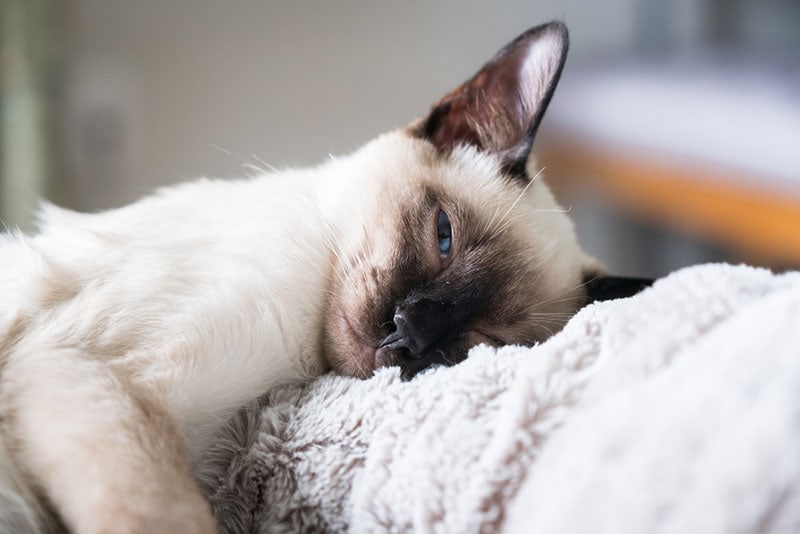

Treating Diabetes in Cats Insulin
The mainstay of treating diabetes is insulin therapy. Unfortunately, cats don’t typically respond as well to oral diabetes management as people may, so you’ll be administering insulin injections. There are several types of insulin, varying in their concentration and how long they last.
Diet
Talk to a veterinarian about the benefits of feeding only canned food. While this may be a more expensive proposition, many cats show better blood sugar regulation when they eat canned rather than dry food because it is lower in carbohydrates.
Need veterinary advice but can't get to the clinic? Catster recommends PangoVet, our online veterinary service. Talk to a vet online and get the answers and advice you need for your cat without having to leave your living room — all at an affordable price!

Newer Treatments
Some pharmaceutical companies are looking into options to treat your cat’s diabetes without daily injections. For example, Elanco has developed Bexacat (bexagliflozin), which is a daily pill for diabetic cats to take.

Frequently Asked Questions
Will My Cat’s Diabetes Go Away?
In some cases, cats can go into remission from their diabetes and can control their blood sugar without insulin injections. Glargine insulin is the treatment of choice to increase the odds that your cat will go into remission. Regular monitoring is essential because cats can relapse and require insulin again.
Are Younger Cats More Likely to Go Into Diabetic Remission?
Unfortunately, younger cats are not as likely to undergo diabetic remission as older cats, according to the Cornell Feline Health Center.


Conclusion
Diabetes is a complex condition that affects cats. Cats will typically need lifelong dietary management and insulin therapy, but some cats will go into remission.
Featured Image Credit: megaflopp, Shutterstock

